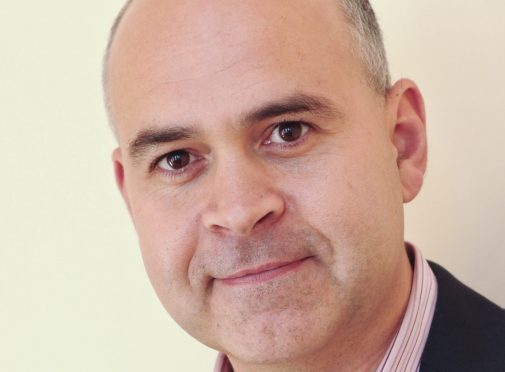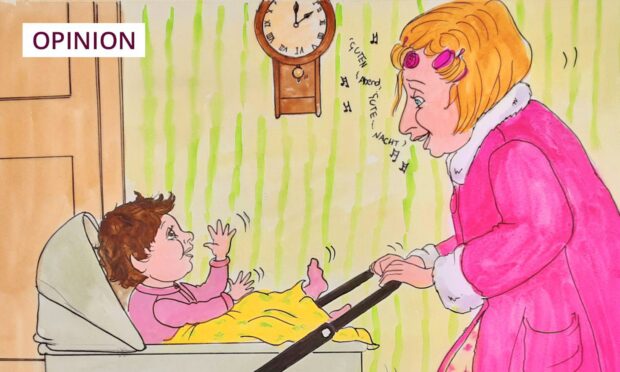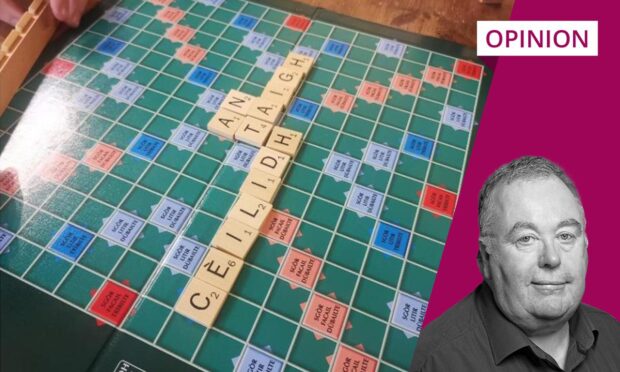Most commonly diagnosed in children, attention deficit hyperactivity disorder (ADHD), is a condition whereby the individual suffers from restlessness and may struggle to concentrate.
This often makes it very difficult to hold conversations, make friends and organise themselves. According to the NHS, while the causes of ADHD remain unknown, around 5% of children may suffer from the condition.
Caring for a child with ADHD can be a very stressful experience and this can have a detrimental effect on the caregiver. Studies have shown that the perceived powerlessness of parents in this situation can lead to stress, depression and reduced satisfaction within their role as a parent.
The resulting strain on the parent-child relationship can even affect siblings who may become jealous of the extra attention required and, as a result, may even mimic the disruptive behaviours of their brother or sister.
There are, however, several strategies you can adopt that may help both you and your child cope more effectively.
Plan your day
First of all, having a clear and consistent plan for the day that is broken down into small, manageable, tasks can help your child maintain their focus. Short, easy to remember tasks that can be completed quickly allow less time for distractions and, over time, can help your child to organise themselves without assistance.
Reward good behaviour
An incentive scheme, both in the short and long term, with agreed goals and rewards can also help to motivate the child by encouraging them to focus on a specific task. Working with your child to develop the scheme can also act as an opportunity for bonding and as a way for your child to express themselves.
Regular exercise
It can be difficult for children with ADHD to fall asleep at night and a lack of sleep is likely to make symptoms worse the next day. Physical activity throughout the day can help your child get to sleep earlier and more soundly. Joining a sports team or an after school club can also help your child engage with others in a group setting which, in turn, can help them learn the importance of taking turns and reciprocation, key skills when making friends.
Awareness of the situation
Being able to identify when your child is becoming overwhelmed in a social situation and distracting or removing them from the source can also help them to learn about their behaviours. Talking to them about their feelings and what they are going through may help them to moderate their own behaviour in future.
Using any or all of these strategies can help not only the child who suffers from ADHD but also the entire family as you all work together to uphold a consistent routine which can act as an opportunity for bonding. It can also help young children understand the condition that they or their siblings suffer from which can help reduce conflict and outbursts of aggression. It may not all be plain sailing, however, and in times of confrontation it is important to remember that your child is not always in control of their actions.
However, many children are restless, lack concentration and are perhaps anxious, and this can often be a result of personality factors or normal developmental processes. Therefore, it’s important not to jump to conclusions if your child appears to have some of the characteristics associated with ADHD. If you suspect your child may have ADHD, the first step is to make an appointment with your GP for the appropriate advice and support.










